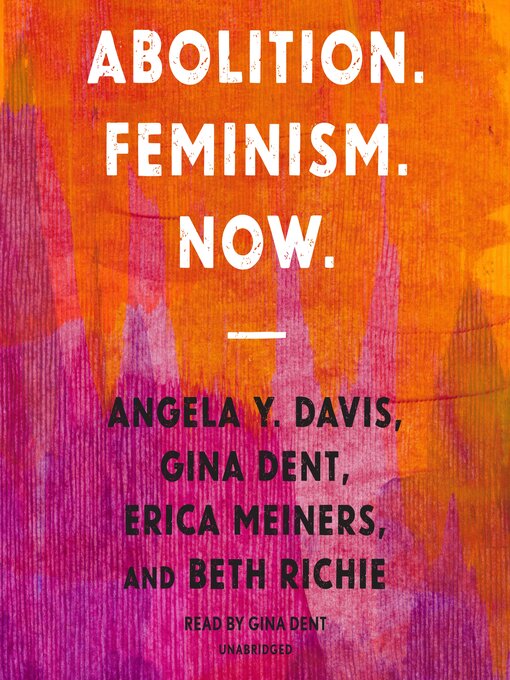As a politic and a practice, abolition increasingly shapes our political moment—halting the construction of new jails and propelling movements to divest from policing. Yet erased from this landscape are not only the central histories of feminist—usually queer, anticapitalist, grassroots, and women of color—organizing that continue to cultivate abolition but a recognition of a stark reality: abolition is our best response to endemic forms of state and interpersonal gender and sexual violence.
Amplifying the analysis and the theories of change generated from vibrant, community-based organizing, Abolition. Feminism. Now. surfaces necessary historical genealogies, key internationalist learnings, and everyday practices to grow our collective and flourishing present and futures.
